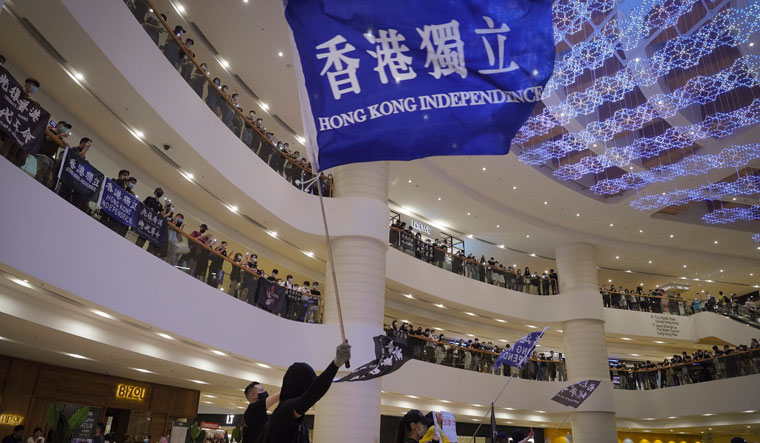Following UK, US and Australia, New Zealand has suspended its extradition treaty with Hong Kong. The move comes nearly four weeks after Beijing enacted the national security law. The law lets China extradite prisoners from Hong Kong to be trailed upon under stricter Chinese laws.
Concerning the decision, New Zealand Foreign Affairs Minister Winston Peters said, “New Zealand can no longer trust that Hong Kong's criminal justice system is sufficiently independent from China.”
“If China in future shows adherence to the 'one country, two systems' framework then we could reconsider this decision,” he added.
The national security law was imposed on the former British colony despite protests from Hong Kong residents and Western nations. The law undermines the agreement Beijing and the UK signed while the latter handed over Hong Kong in 1997 and threatens its semi-autonomous state.
Following passage of the law, pro-democracy parties, leaders and activists disbanded, fearing that they might be persecuted for subversion under the law.
The city of Hong Kong had been under a state of turmoil since last March, when, Beijing introduced the extradition law. The protests eventually turned into a pro-democracy movement, and continued even after China repealed the extradition bill.
They even got violent in several instances when the police tried controlling protestors with pepper spray, tear gas grenades and water cannons.
Travel advice to China has been updated to alert New Zealanders to the risks presented by the new security law, Marks added.
China is New Zealand's largest trading partner, with annual two-way trade recently exceeding NZ$32 billion. But recently, relations between the two nations have become frayed after New Zealand backed Taiwan's participation at the World Health Organisation (WHO).


